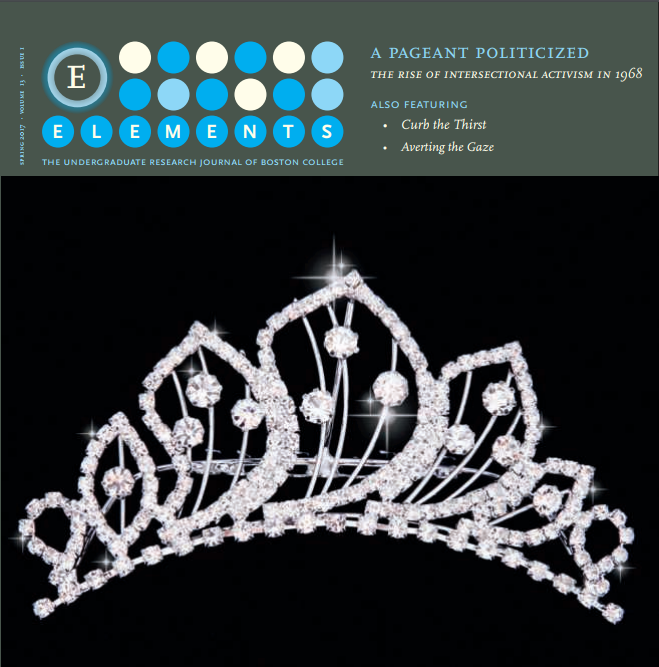Limitations of Secularization and Western Feminism In the Arab World: Religion, Culture, and Identity
DOI:
https://doi.org/10.6017/eurj.v13i1.9603Keywords:
Secularism, Secularization, feminism, Arab World, Middle EastAbstract
With the rise of religious fundamentalist movements and the endurance of practices such as veiling and restrictive marriage laws, it seems that previously accepted western teleological theories such as secularization and feminism have begun losing their general applicability and validity in the modern world. In order to adequately address this issue, it is critical to examine the context under which these Western theories were initially developed, most importantly, taking into account the developmental and consequential failures of the “Secularization Thesis” within the Muslim world, as well as the construction of Western feminism and the limitations of the second wave feminist movement in the Muslim world. By first contextualizing the birth of these two concepts; addressing their limitations; re-contextualizing them within the Muslim world; and offering divergent academic perspectives on the issues, this paper seeks to better ascertain the nuanced religious, cultural, and identity-related elements that underlie the unsuccessful incorporation of these Western concepts into the Muslim world.References
Abu-Lughod, Lila (ed.), “Remaking Women: Feminism and Modernity in the Middle East” (Princeton: Princeton University Press, 1998)
Ahmed, Leila, “Women and Gender in Islam: Historical Roots of a Modern Debate” (New Haven: Yale University Press, 1992)
Al-e Ahmad, Jalal. “The Outline of a Disease [Weststruckness].” In Lloyd Ridgeon, Religion and Politics in Modern Iran. London: I. B. Tauris, 2005, pp. 163-174.
"Amina Wadud." Islam & Feminism. N.p., n.d. Web. 04 Dec. 2016.
Azza Karam, Women, Islamism, and the State (New York: St Martins Press, 1998).
Berger, Peter L., Linda Woodhead, Paul Heelas, and David Martin. Peter Berger and the Study of Religion. London: Routledge, 2001. Print.
Berger, Peter L. "Secularization Falsified | Peter L. Berger." First Things. N.p., 01 Feb. 2008. Web. 05 Dec. 2016.
Esposito, John L. "Rethinking Islam and Secularism." Arda: Guiding Paper Series (n.d.): n. pag. Web. 4 Dec. 2016.
Fernea, Elizabeth, “In Search of Islamic Feminism: One Woman's Global Journey” (New YorkDoubleday. 1998). 416.
"Islamic Symbols." Islamic Symbols. N.p., n.d. Web. 05 Dec. 2016.
Mohanty, Chandra Talpade. Feminism without Borders: Decolonizing Theory, Practicing Solidarity. Durham: Duke UP, 2003. Print.
Nationsonline.org, Klaus Kästle -. "___ Saudi Arabia." Kingdom of Saudi Arabia - Country Profile - Nations Online Project. N.p., n.d. Web. 05 Dec. 2016.
Sa'diyya Shaikh , Transforming Feminisms: Islam, Women, and Gender Justice. (2003).
Safi, Omid. Progressive Muslims: On Justice, Gender and Pluralism. Oxford: Oneworld, 2003. Print.
"Secularism and the Arab World: 1850-1939." Choice Reviews Online 40.09 (2003): n. pag. Web.
Shestopalets, Denys. "The Secularization of Islam: Towards a Comprehensive Analysis." Academia.edu - Share Research. N.p., n.d. Web. 05 Dec. 2016.
Wadud, Amina. Qurʼan and Woman: Rereading the Sacred Text from a Woman's Perspective. New York: Oxford UP, 1999. Print.
Wu, Bingbing. "Secularism and Secularization in the Arab World." Secularism and Secularization in the Arab World (n.d.): 63. Print.
Ziba Mir-Hosseini, “Stretching the Limit: A Feminist Reading of the Shari’a in Post Khomeini Iran,” in Feminism and Islam: Legal and Literary Perspectives , ed. Mai Yamani. New York: New York UP, 1996.
Downloads
Published
How to Cite
Issue
Section
License
Copyright (c) 2017 Emma Howe

This work is licensed under a Creative Commons Attribution 4.0 International License.

